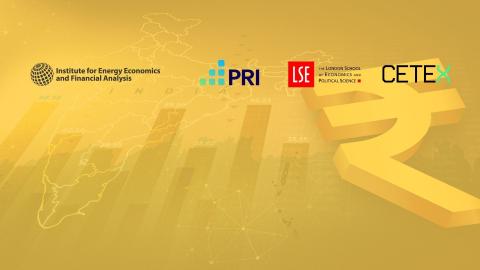Trans Mountain Pipeline financials: Built on quicksand and clear as mud
Download Full Report
View Press Release
Key Findings
The government has committed to spend $5 billion for the purchase of the pipeline, $1 billion for construction to expand it and another $500 million to underwrite environmental liabilities. By the time an outside observer tracks where this money is going, it will be difficult to determine who borrowed what from whom, how much is owed by which government agency, who is paying it back and how much—if any—will be repaid.
This situation can be remedied but it will take thoughtful executive action and leadership to address. The executive needs to design a tax-dollar monitoring project that brings all of the debt, financing costs, revenues and expenses into one set of books.
Executive Summary
The controversial Trans Mountain Expansion Pipeline Project being undertaken by the Canadian government is trying to move oil from the oil sands through a pipeline built on financial quicksand.
The government of Canada has structured the acquisition of the Trans Mountain Pipeline, its planned expansion and ongoing operation in a way rendering it impossible to determine how much taxpayers are paying now and will pay in the future. According to the government, this is an economic development project that is being carried out in the national interest and, therefore, does not need to adhere to standard commercial measures of success or failure. This approach may also impair the government’s ability to market and sell the completed pipeline in the commercial market and to report transparently to the public on its financial performance.
The government has an obligation to tell its citizens how much the Trans Mountain Pipeline project is costing. In fact, a careful, ongoing accounting is of even greater importance given: the controversial nature of the project, the lack of commercial standards, the size and complexity of the acquisition, construction and operations, and the risks involved with a resale of the pipeline in a low-priced, volatile global oil and gas market.
Please view full report PDF for references and sources.
Press release: IEEFA report: Canada Trans Mountain Pipeline financials provide few clues on actual price tag and future costs















